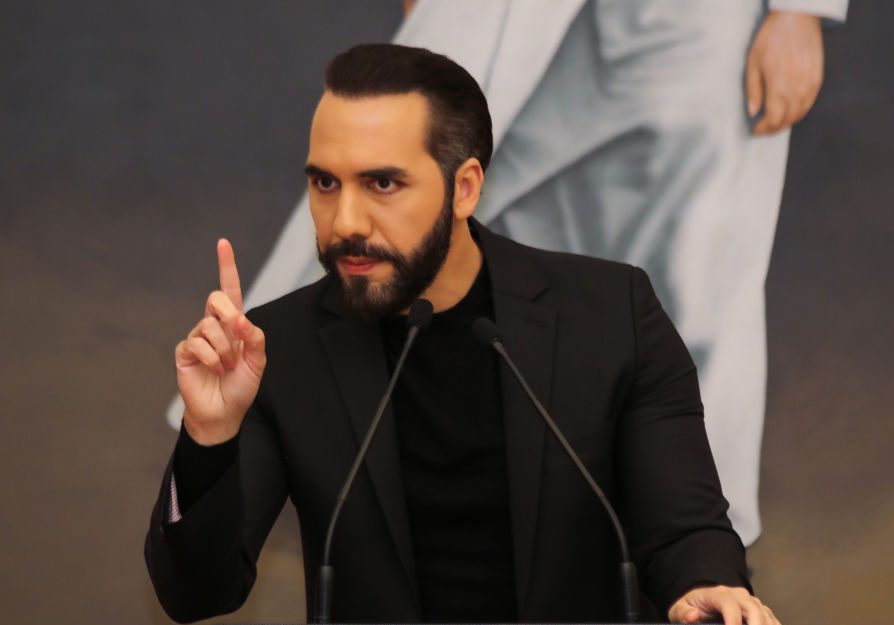The last fifteen years have seen tremendous political upheaval in Central America. El Salvador has fallen under a repressive, authoritarian regime, while Honduras has liberated itself from one; President Daniel Ortega has increasingly isolated himself from former Sandinista allies in Nicaragua; and in Guatemala, a popular tide of outrage against an entrenched ruling class saw an unlikely social democrat take the presidency.
Amid de facto dictatorships, besieged reformers, and popular demands for change, the political infrastructure installed as part of Central America’s postwar transition in the 1990s has broadly lost legitimacy. This liberal exhaustion is indicative of a deeper crisis, that of the isthmus’s postwar neoliberal political economy — which, like neoliberalism globally, has sputtered and stalled. In what follows, I explore this crisis through the lens of recent political events in El Salvador and Guatemala. To do so, I begin with the transition to democracy that followed the defeat of the region’s revolutionary movements in the 1990s.
For decades in the late twentieth century — thirty-six years in the case of Guatemala — the republics of Central America were rocked by brutal civil wars between US-backed anticommunist military regimes and national liberation armies fighting to free the isthmus’s impoverished majorities from oligarchic oppression and imperialist intervention. In the 1990s, however, the region began transitioning out of dictatorship toward liberal democracy and neoliberal accumulation. In Nicaragua, the 1979…
Auteur: Hilary Goodfriend

